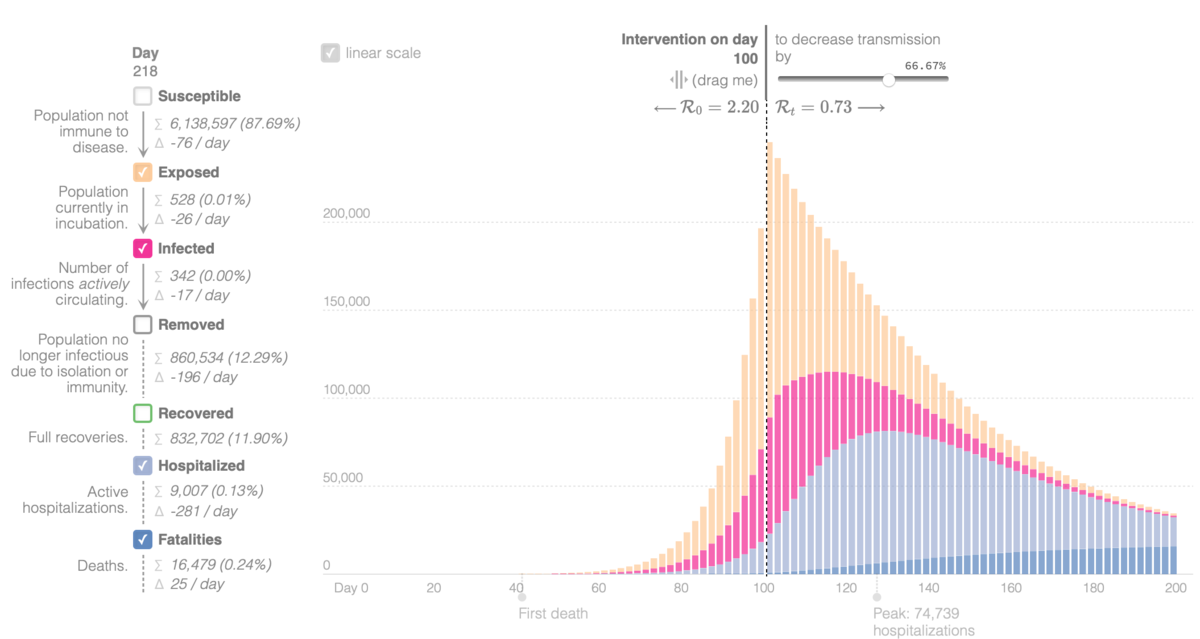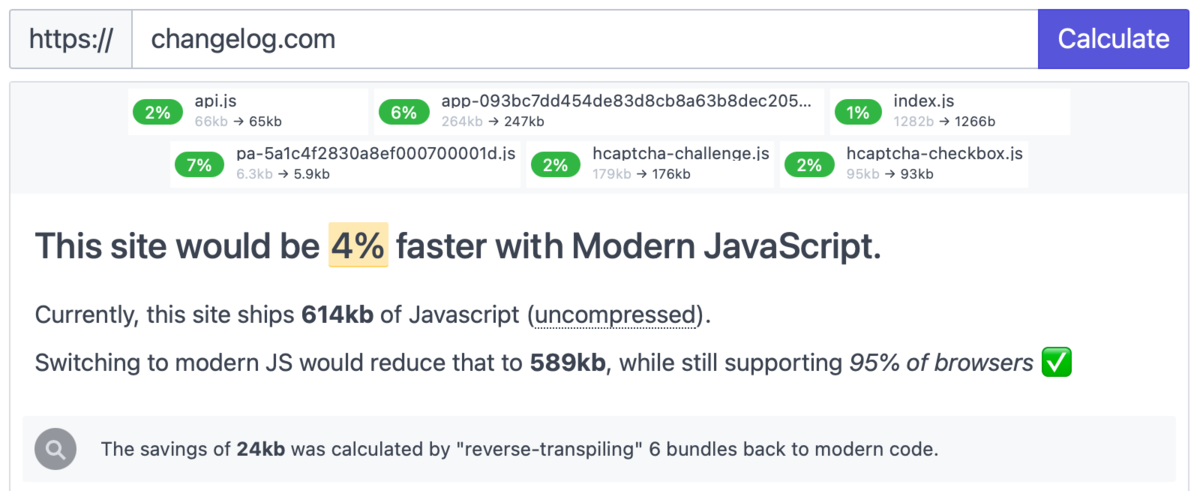John Spurlock: So I guess stats is a good jumping off point to talk about OP3… It’s a little esoteric, and so you kind of have to know all the pieces. But I think we’ve talked about the various pieces at this point. So it solves basically three problems. The first problem is the problem that Jerodd, you talked about… It’s that we actually have these nice third-party independent analytic services, but the incentive for them is to take the download data that they get, and immediately join it to other third-party IP address databases to enrich that data… Because they’re interested in not only showing how many downloads a particular show has for an advertiser, but what the demographics of that audience is, and what the income of that audience is, and breakdowns by gender, and by ethnicity, and by political affiliation.
[00:24:08.27] And I’m sure you guys know, it’s just a matter of how much you want to spend to how kind of creepy the level of detail you can get, down to the neighborhood level, down to what apps they have installed, down to what they were yelling about… And they have an incentive to do it, because that makes their product more attractive. But they also have an incentive – or even if they were not as interested in that, they also then become, if they’re popular, like Chartable and some other companies, they become a very attractive acquisition target. So they can be joined by a yet larger company with their information, for strategic reasons.
So that is kind of one problem that’s out there. So even in – you mentioned already that Chartable and Podsights, two of the largest of these analytic services got acquired in February. And you can imagine, I’m sure even some of your listeners might be thinking “Oh, this sounds like a great business, so I could probably write some Perl scripts to do this. I’ll just be the next Chartable.” And that doesn’t really solve the problem, in my estimation, long-term; it just repeats the pattern. So they’re gonna get popular, and they’re gonna have the same incentives, they’re gonna – it’s the same sort of pattern. So that’s problem one.
Problem two is that the hosting companies themselves, there’s all of these hosting companies now; they are very mature, and they all offer very similar features. As you say, table stakes features. They all now have to have some sort of stats ability, so they have to task someone as part of their sprint every month, like “Oh, make sure the stats are clean, that we’re filtering out all the bots, and making sure we’re performing the calculations properly.” And they’re basically all showing very similar charts, similar charts and graphs. And it’s even more ironic, because the larger shows then turn around and use a third-party service to they use their stats, because they don’t trust the host stats.
So it’s table stakes, and it’s a lot of work, and they’re all doing it separately, right? So it’s not really value-add anymore. It used to be. Maybe even five years ago, it was like a selling point; you could say, “Hey, we offer great stats.” But now, most offer stats, and they don’t really view – they would love to get on and work on other things. So they kind of view stats as a – I don’t want to say a commodity, but you know, you specialize; when an industry gets mature, you specialize into functions.
So that’s problem two… Problem three is a little more esoteric, but it’s the whole notion of – we talked a little bit about kind of open podcasting before we started here. One of the cool things… I was around – I’m old enough to know, like, before the internet was around at all. And when the internet came around, as somebody who likes to build things, you just have this limitless possibility of “Oh, how cool would it be if we did this? Or that?” and you’re only limited by your ideas and the building blocks that are available. Obviously, there’s some downsides that we’ve seen as well, but there’s still so much opportunity there. And podcasting is one of those sort of interesting places where you, anyone can publish an audio file and have it pretty much distributed automatically to all these different venues while they sleep. So it’s not that hard. However, there’s some big chunks of the system that are not like that, even in open podcasting.
So let’s say you had a great idea for an app, you wanted to create the next big podcasting app. You can go out and scrape all the RSS feeds, you can get the show and episode level information, you put it all together… Hopefully, they have nice chapter information, and tags, and so forth. But think about what YouTube does - they have some things that you currently can do, like comments and monetization. But even a more core thing is recommendations. So what podcasts are people listening to? What podcasts are people listening to around you? People that subscribe to this, subscribe to that. Even if it’s a very popular app, they know within their app stats like that, but they don’t know across the whole industry, because it’s so distributed. There’s no place where that information resides. It resides basically in silos, at different levels; at hosts, and so forth.
[00:28:23.18] The services, these third-party analytic services - they have it, actually a fairly broad sample, but they don’t make it available. So that’s kind of a third aspect, is it would be great, it would unlock all kind of more features that we could build on top of the open podcasting system, keep it competitive, if that data was available. But then, as a listener being available in a safe way, right? Because more people listen to podcasts than make podcasts; you kind of need to satisfy both concerns. And as a listener, I’m not sure I love the fact that my IP address is going everywhere, right? That’s where these analytics services come in. And most apps don’t disclose that this kind of stuff is happening, right? So you want services to kind of do right by the listener, even without an explicit agreement there.
So OP3 is a system that I was putting together, I was like, “This is the internet, and I can build stuff… Let’s try to build an ideal system that solves a bunch of these problems at once.” So it is an analytic service in that is very similar to Chartable. You add a prefix, op3.dev/whatever to your episodes; it’s completely free. It runs on a CDN platform, so it’s up 100% of the time. It’ll never be the bottleneck in getting to your content… But it’s sort of radical in that it turns around and does all the minimization, and so forth. It throws away most of the requested information, and it stores it. But it turns around and makes all the participating shows data, the minimized data, the minimized request logs available to anyone. So it turns around and makes hashed IP addresses, what episode was downloaded, when it was downloaded, the user agent… Things that are not user-identifying necessarily - it turns around and makes that data available, so that now a startup can go and look at that data to say, “Oh, this is a signal of what podcasts are trending in Cleveland”, that sort of thing. So that is radical, because none of these other services will – you know, they are very against that. That’s kind of the core mission, is not to do that.







